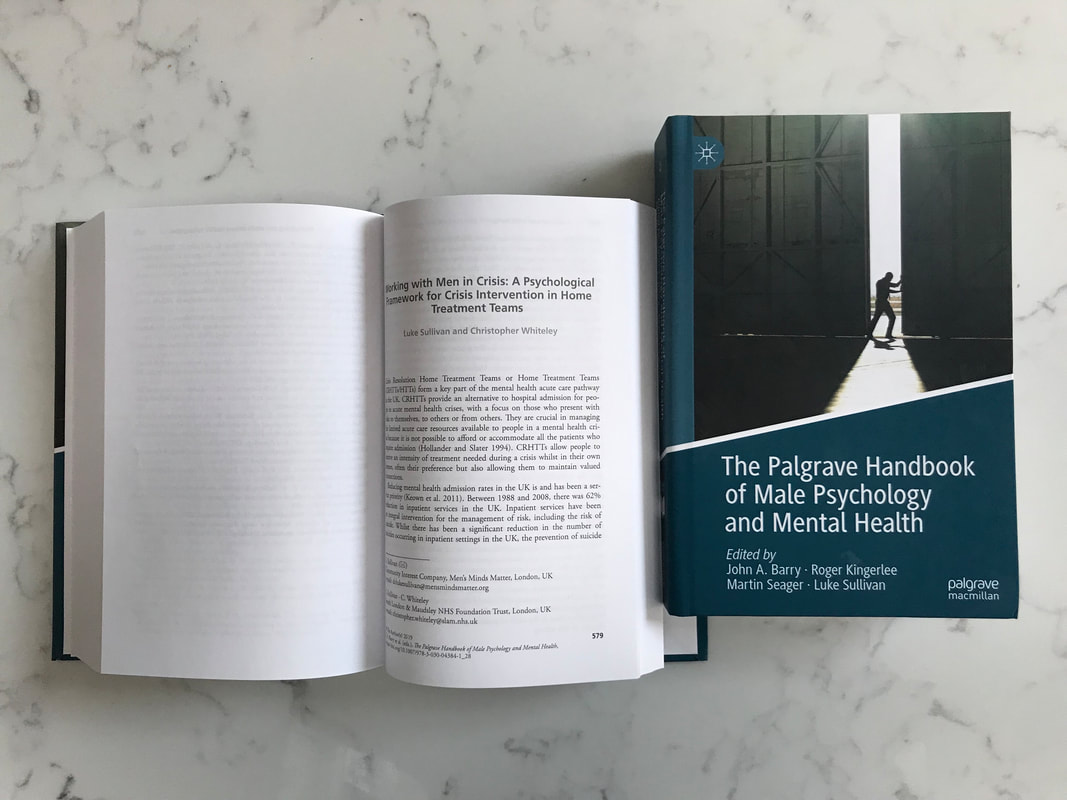Our Research
Our approach to reducing male suicide and addressing the psychological needs of men and boys is grounded in science.
We bring a high level of expertise to the research process and have worked in collaboration with some of the UK’s leading research institutions and organisations dedicated to improving the mental health of the nation.
Please do get in touch if you would like to discuss your research interests and needs. We also provide consultancy on research strategies, methods and analysis.
The Palgrave Handbook of Male Psychology and Mental Health

Explores current theories and debates around male psychology
Takes a lifespan approach to male psychology
Suggests positive steps for improving male mental health
This Handbook represents the first concerted effort to understand male mental health in a way that facilitates a positive step forward in both theory and treatment. An alarming number of men experience serious mental health issues, as demonstrated by high rates of suicide and violent offending. Despite these problems, the study of male psychology has either been overlooked, or viewed as a problem of defective masculinity. This handbook brings together experts from across the world to discuss men’s mental health, from prenatal development, through childhood, adolescence, and fatherhood. Men and masculinity are explored from multiple perspectives including evolutionary, cross-cultural, cognitive, biological, developmental, and existential viewpoints, with a focus on practical suggestions and demonstrations of successful clinical work with men.
Throughout, chapters question existing models of understanding and treating men’s mental health and explore new approaches, theories and interventions. This definitive handbook encapsulates a new wave of positive theory and practice in the field of male psychology and will be of great value to professionals, academics, and those working with males through the lifespan in any sector related to male mental health and wellbeing.
Published by Palgrave Macmillan, DOI 10.1007/978-3-030-04384-1
Front Matter
Pages i-xl
PDF
Theory
Front Matter
Pages 1-1
PDF
From Fetuses to Boys to Men: The Impact of Testosterone on Male Lifespan Development
John A. Barry, Rebecca Owens
Pages 3-24
The Challenges for Boys and Men in Twenty-First-Century Education
Gijsbert Stoet
Pages 25-45
Deconstructing Dad
Robin Hadley
Pages 47-66
The Impact of Father Absence on Child Mental Health: Three Possible Outcomes
Andrew Briggs
Pages 67-85
Cognitive Distortion in Thinking About Gender Issues: Gamma Bias and the Gender Distortion Matrix
Martin Seager, John A. Barry
Pages 87-104
Positive Masculinity: Including Masculinity as a Valued Aspect of Humanity
Martin Seager, John A. Barry
Pages 105-122
Male Victims of Intimate Partner Violence: A Challenge to the Gendered Paradigm
Deborah Powney, Nicola Graham-Kevan
Pages 123-143
Men’s Health and Cancer—The Case of Prostate Cancer
Kenneth Gannon
Pages 145-163
May the force of gender be with you: Identity, Identification and “Own-Gender Bias”
Nathan Hook
Pages 165-182
From Hegemonic to Responsive Masculinity: The Transformative Power of the Provider Role
Belinda Brown
Pages 183-204
Games People Play: The Collapse of “Masculinities” and the Rise of Masculinity as Spectacle
Damien Ridge
Pages 205-225
From Stereotypes to Archetypes: An Evolutionary Perspective on Male Help-Seeking and Suicide
Martin Seager
Pages 227-248
The Gaze: The Male Need to Look vs the Female Need to Be Seen—An Evolutionary Perspective
Jennie Cummings-Knight
Pages 249-265
We Are Warriors: The Psychology of Men at War
Rod Eldridge, Edward Fraser
Pages 267-288
Practice
Front Matter
Pages 289-289
PDF
Attention Deficit Hyperactivity Disorder (ADHD): A Case Study and Exploration of Causes and Interventions
Bijal Chheda-Varma
Pages 291-307
Autism in Boys and Girls, Women and Men Throughout the Lifespan
Patricia van Wijngaarden-Cremers
Pages 309-330
Working with Adolescent Males: Special Considerations from an Existential Perspective
Miles Groth
Pages 331-349
Angry Young Men: Interpersonal Formulation of Anger to Effect Change
Peter Cairns, Lawrence Howells
Pages 351-368
Improving the Mental Health and Well-Being of Excluded Young Men
Clare Holt, Sally Zlotowitz, Olive Moloney, Mark Chentite
Pages 369-396
Help-Seeking Among Men for Mental Health Problems
June S. L. Brown, Ilyas Sagar-Ouriaghli, Luke Sullivan
Pages 397-415
Counselling MaleMilitary Personnel and Veterans: Addressing Challenges and Enhancing Engagement
Duncan Shields, Marvin Westwood
Pages 417-438
Hope in the Face of Despair: An Acceptance and Commitment Therapy Approach to Working with Suicidal Ideation in Men
André Bolster, Azi Berzengi
Pages 439-459
Practising Eye Movement Desensitisation and Reprocessing (EMDR) with Male Civilians and Male Veterans
Roger Kingerlee
Pages 461-482
Of Compassion and Men: Using Compassion Focused Therapy in Working with Men
Joanna Smith, Sunil Lad, Syd Hiskey
Pages 483-507
Opening a Dialogue: Using Cognitive Analytic Therapy with Depressed Men
Roger Kingerlee, Jane Cawdron, Conrad Barnard
Pages 509-531
Working with Homeless Men in London: A Mental Health Service Perspective
James Duffy, Andrew Hutchison
Pages 533-556
Mentalizing and Men’s Mental Health: Helping Men to Keep Mind in Mind in Clinical Settings
Helena Crockford, Marco Pellegrini
Pages 557-577
Working with Men in Crisis: A Psychological Framework for Crisis Intervention in Home Treatment Teams
Luke Sullivan, Christopher Whiteley
Pages 579-600
Masculine Identity and Traumatic Brain Injury
Ruth MacQueen, Paul Fisher
Pages 601-622
Dignifying Psychotherapy with Men: Developing Empathic and Evidence-Based Approaches That Suit the Real Needs of the Male Gender
John A. Ashfield, Dennis S. Gouws
Pages 623-645
Reconnection: Designing Interventions and Services with Men in Mind
Roger Kingerlee, Gabriel Abotsie, Andrew Fisk, Luke Woodley
Pages 647-669
What Are the Factors That Make a Male-Friendly Therapy?
Louise Liddon, Roger Kingerlee, Martin Seager, John A. Barry
Pages 671-694
Back Matter
Pages 695-715
PDF
Publications, Research & Contributions
This Palgrave Handbook of Male Psychology and Mental Health brings together experts from across the world to discuss men’s mental health, from prenatal development, through childhood, adolescence, and fatherhood.
We produced this special issue of The Psychologist on Men’s Mental Health and published by the BPS.
A publication of works with others from the world of male psychology.
BPS (2011). Consultation on Preventing Suicide in England: A cross government outcomes strategy to save lives. British Psychological Society response to the department of health. BPS.
Kingerlee, R., Precious, D., Sullivan, L., & Barry, L. (2014). Engaging with the emotional lives of men.
The Psychologist, 27(6), 418-421.
Seager, M., Morrison, L., Wilkins, D., Haggett, A., Sullivan, L., and Barry, J. (2014). The hidden mental pain of men. The Psychologist, March edition
Seager, M., Sullivan, L., & Barry, J. (2014). The Male Psychology Conference, University College London, June 2014. New Male Studies, 3 (2), 41-68.
Seager, M., Sullivan, L., & Barry, J. (2014). Gender scripts and suicidality: an initial validation of the theory. New Male Studies, 3, (3).
Seager, M. & Wilkins, D. (2014). Being a man – Putting life before death. The Psychologist, 27(6), 404-405.
Sullivan (2011). Masculinity, Alexithymia and Fear of Intimacy as Predictors of UK men’s Attitudes Towards Seeking Professional Psychological Help. Retrieved from http://create.canterbury.ac.uk/10199/1/Luke_Sullivan_MRP_2011.pdf
Sullivan, L., Buck, C., & McLoughlin, P. (2004). Men’s mental health in Southwark. Unpublished Manuscript: South London and Maudsley NHS Trust.
Sullivan, L., Camic, P., & Brown, J. (2014). Masculinity, alexithymia and fear of intimacy as predictors of UK men’s attitudes towards seeking professional psychological help.
Wilkins, D., & Kemple, M. (2011). Delivering male: effective practice in male mental health. London: The Men’s Health Forum.
Sullivan, L. & Sanderson, N. (2014). Male Psychology Conference, University College London, 2014. Presentation Title: A visualisation of male suicide statistics in the UK and why thinking about gender could hold the key to addressing male suicide.


